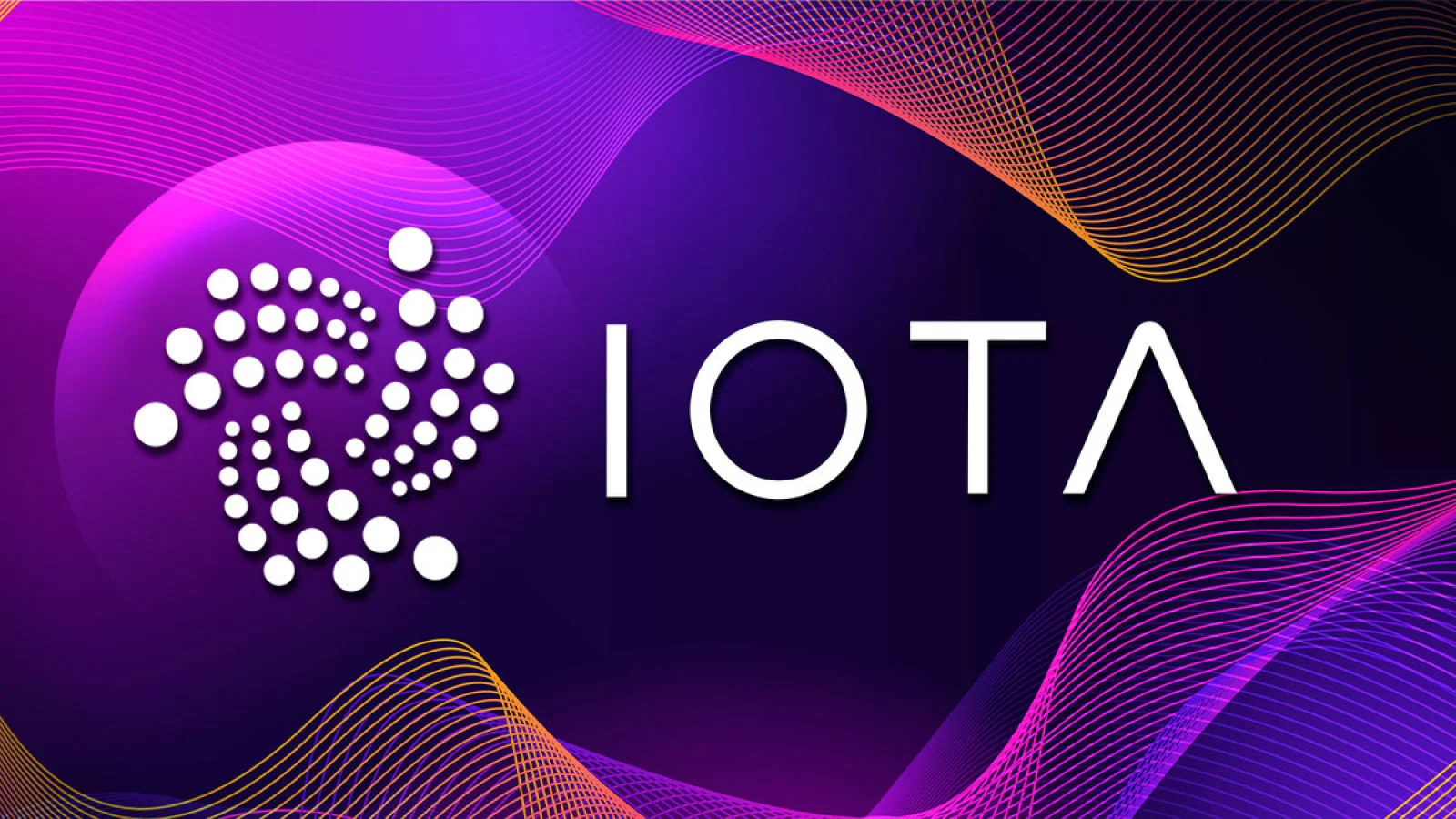|
Getting your Trinity Audio player ready...
|
Dominik Schiener, co-founder and chairperson of the IOTA Foundation, has made some bold claims in a recent interview with Tech.EU. Schiener argues that the entire blockchain industry is grappling with an “existential crisis,” struggling to translate innovative concepts into real-world applications.
Schiener highlights IOTA’s strategic shift away from the Internet of Things (IoT) and towards projects with higher commercial potential. He emphasizes tokenization as a key focus area, a market with “the biggest untapped market” according to a previous statement by Schiener.
The IOTA exec outlines further areas of interest for the IOTA ecosystem, including ventures in trade, digital identity, and asset organization. However, Schiener acknowledges the challenges faced by novel blockchain solutions in transitioning to commercial viability.
“Why Should a Car Have a Wallet?”: The Problem of Real-World Implementation
Schiener cites IOTA’s early vision of machine-to-machine transactions as an example. This envisioned self-driving cars autonomously interacting with service centers and utilizing peer-to-peer charging networks.
Despite its ingenuity, the vision faces practical hurdles. According to Schiener, embedding a wallet system within a car presents technological difficulties, alongside challenges with interoperability between systems. He further questions the fundamental necessity of a car possessing a wallet in the first place.
Blockchain’s Credibility Crisis: A Search for Purpose
Schiener compares the current state of blockchain to the early days of generative AI, where technology lacked a clear application. He believes blockchain needs a defining moment akin to “ChatGPT,” a popular AI chat model that has captured widespread attention for its capabilities.
Schiener further criticizes the perception of blockchain as a tool for “get-rich-quick schemes” through cryptocurrency launches. He acknowledges a “100% credibility problem” for blockchain technology, expressing frustration that the industry’s potential for positive change is often overshadowed by speculative ventures.
Also Read: IOTA EVM Gains Momentum As New Projects and Liquidity Boost Fuel Growth
IOTA’s Strategic Expansion Beyond the Crisis
While voicing concerns about the industry as a whole, Schiener maintains confidence in IOTA’s contribution to the Middle East and North Africa (MENA) region. He cites the region’s receptive regulatory environment and stakeholder willingness as key factors in IOTA’s success.
One major project is the Trade Logistics Pipeline (TLIP), developed in partnership with the World Economic Forum and other organizations. TLIP aims to streamline cross-border trade by reducing costs and increasing efficiency. Additionally, IOTA is collaborating with Eviden in Europe to introduce new use cases for its Digital Product Passport (DPP) solutions.
Schiener’s candid assessment raises important questions about the future of blockchain technology. While acknowledging the industry’s current struggles, IOTA’s strategic shift and focus on tangible solutions offer a potential path forward. Whether blockchain can overcome its “existential crisis” remains to be seen, but organizations like IOTA are actively seeking to bridge the gap between theoretical innovation and real-world applications.
Disclaimer: The information in this article is for general purposes only and does not constitute financial advice. The author’s views are personal and may not reflect the views of Chain Affairs. Before making any investment decisions, you should always conduct your own research. Chain Affairs is not responsible for any financial losses.
I’m your translator between the financial Old World and the new frontier of crypto. After a career demystifying economics and markets, I enjoy elucidating crypto – from investment risks to earth-shaking potential. Let’s explore!



